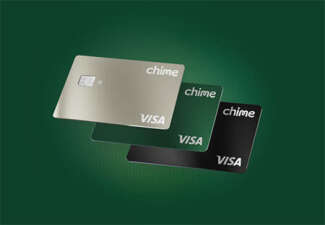The content on this page is accurate as of the posting date; however, some of the offers mentioned may have expired.
Divorces are unpleasant and difficult, but one of the trickiest issues to resolve is often that of any joint debts that are outstanding. While a court may issue a ruling on who owes what, creditors are not obliged to honor divorce mandates and may very well hold you accountable for any debt that was incurred jointly. It’s a prudent move to file court documentation regarding all joint credit cards and joint debt early on.
While the ideal situation would be to leave your marriage without leaving any joint debt behind, this is not always feasible. If the situation is amicable, attempt to pay off the joint card together. You could also divvy up the debt and arrange for it to be transferred to different individual cards – one in your name, on in your spouse’s.
It is, in fact, possible for creditors to switch the joint accounts of divorcing cardholders into individual accounts but there is little to motivate them to do so. The account cannot be closed unless the balance is entirely paid off. If you have any joint cards that are not carrying a balance, cancel them immediately.
Within a joint account, one person is designated as the primary account holder. If you are not the primary card holder, it is a good idea to draft a letter to the card issuing company explaining that after a specific date, you will not be responsible for any new debts charged to the account. This letter should be sent via certified mail with signature receipt, and you should keep a copy of it in your files along with documentation of postage. Make sure you keep detailed records accounting for your personal charged that you made after your split so that you can prove what’s yours.
Ultimately, your best move may be to pay the balance off on the account as soon as possible. One option is to use the funds in a joint savings account to resolve shared debts, or utilize a home equity line of credit drawn upon a jointly owned property.
Begin building credit in your own name by making bill payments on time and applying for your own credit card. Examine your credit history to get a sense of your creditworthiness.






